Intensive Farming Negative Effects
It affects the natural habitat of wild animals. Forests are destroyed to create large open fields and this could lead to soil erosion.

Intensive Farming Ecologically Sustainable Euractiv Com
People living at closer proximity to farms are also exposed to other agents that may affect the airways such as endotoxin larger particles and ammonia.
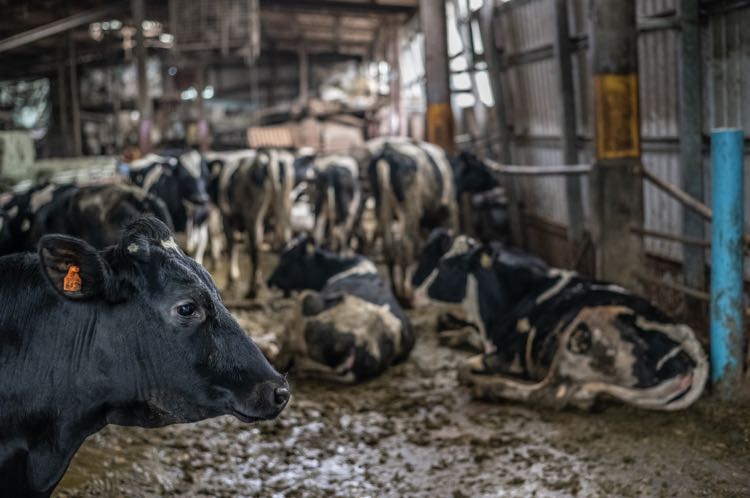
Intensive farming negative effects. Diesel equipment used on the farms may also be contributing to reduced air quality. Soil degradation salination of irrigated areas over-extraction and pollution of groundwater. Use of chemical fertilizers contaminates soil and water bodies such as lakes and rivers.
Loss of natural vegetation is known to trigger a series of changes most of which have major negative impacts on sustaina- bility of the entire ecosystem Feoli et al. Intensive Farming Intensive farming aimed at maximizing productivity tends to lead to amongst other loss of agrobiodiversity accelerated soil erosion and overuse of chemical fertilizers 383964. Effects of intensive farming on land use Habitat destruction and degradation.
Intensive agriculture has been a leading cause in the increase of carbon dioxide releases in the environment. This is putting species under the threat of extinction. Large-scale air pollution by secondary inorganic aerosols can affect a large proportion of the population also outside livestock farming areas.
We do know that Intensive Farming causes a loss of biodiversity destruction of ecosystems and human health risks. Indeed the list of negative effects of intensive farming seems to be getting longer. Environmental harm As mentioned above the high levels of fertilizer and chemicals which are used during intensive vegetable farming can be extremely damaging to the environment.
Intensive agriculture has a lot of detrimental effects on environment. Reports and studies reveal that intensive farming affects and alters the environment in multiple ways. Intensive farming includes the use of chemical fertilizers pesticides herbicides fungicides and insecticides.
Negative externalities such as loss of natural habitats by the expansion of agricultural land and the associated impact on biodiversity soil degradation such as erosion depletion and pollution of natural water resources and climatic changes are only a. Intensive livestock farming generates secondary particulate matter PM formation especially ammonium nitrate as a consequence of ammonia NH 3 emissions from animal manure and urine and has been estimated to have a substantial impact on air quality. However this report suggests that contrary to perceptions this is not.
It is clear that intensive agriculture causes harmful levels of. The earth loses about 187 million acres of forests per year and the agricultural industrys demand for more land is a key driver. In particular they can have huge negative effects on aquatic organisms and ecosystems sc4.
It is also associated with overpopulated animal farms which are often associated with pollution and animal sickness. Intensive farming is said to create high levels of pollution and damage the environment more than organic farming. Intensive Farming is relatively new to the world and that is why many of the consequences are still unknown.
And even more disturbing is the fact that the majority of working farms use intensive farming. About 80 of the worlds plants and animals live in forests and are losing their habitats to deforestation. Discovered the problems by which intensive farms have been plaguing our environment.
Furthermore intensive farming kills beneficial insects and plants degrades and depletes the very soil it depends on creates polluted runoff and clogged water systems increases susceptibility to flooding causes the genetic erosion of crops and livestock species around the world decreases biodiversity destroys natural habitats and according to WWF Farming practices livestock and.
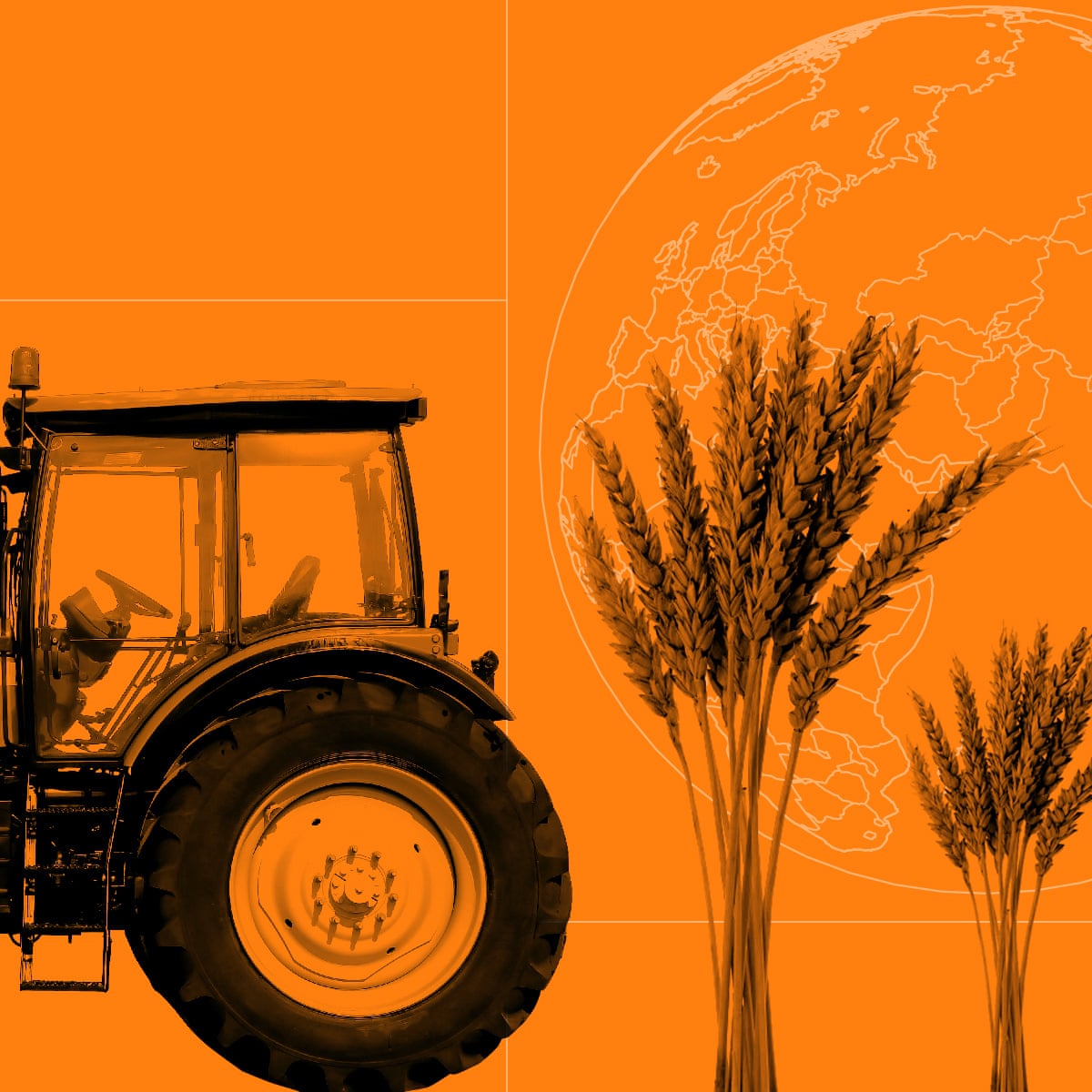
Can We Ditch Intensive Farming And Still Feed The World Farming The Guardian

Industrial Agriculture How Intensive Farming Affects Our Lives

The Pros And Cons Of Intensive Farming
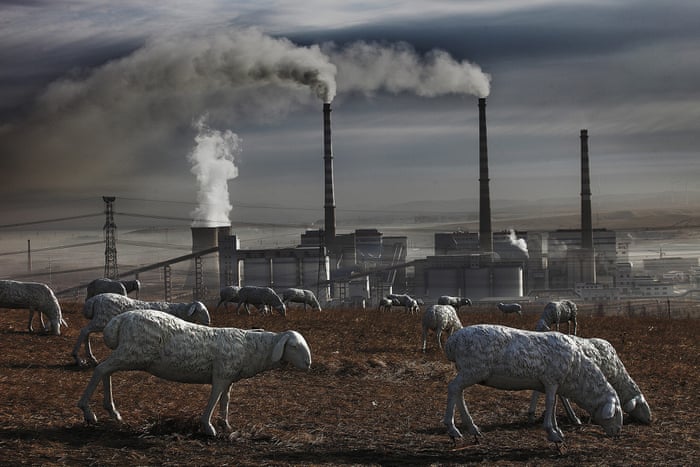
Why Factory Farming Is Not Just Cruel But Also A Threat To All Life On The Planet Farming The Guardian

Harmful Chemicals Used In Agriculture Greentumble

Intensive Agriculture Impact On Humans Animals And The Planet

Intensive Animal Farming Everything You Need To Know What Is It Types Advantages And Disadvantages Farming Base

Industrial Agriculture How Intensive Farming Affects Our Lives

Intensive Factory Farming Investor Information Fairr
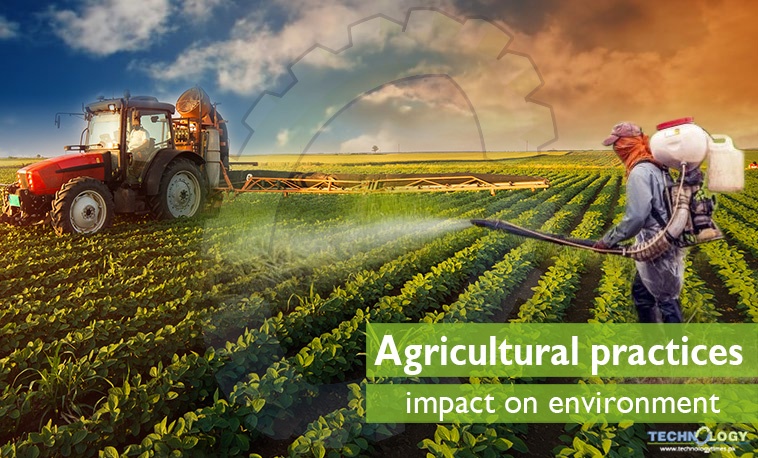
Agricultural Practices Impact On Environment Technology Times

Agricultural Intensification An Overview Sciencedirect Topics

Industrial Agriculture How Intensive Farming Affects Our Lives

The Potential Negative Effects Of Agriculture On The Environment The Sustainable Use Of Resources Better Meets Reality
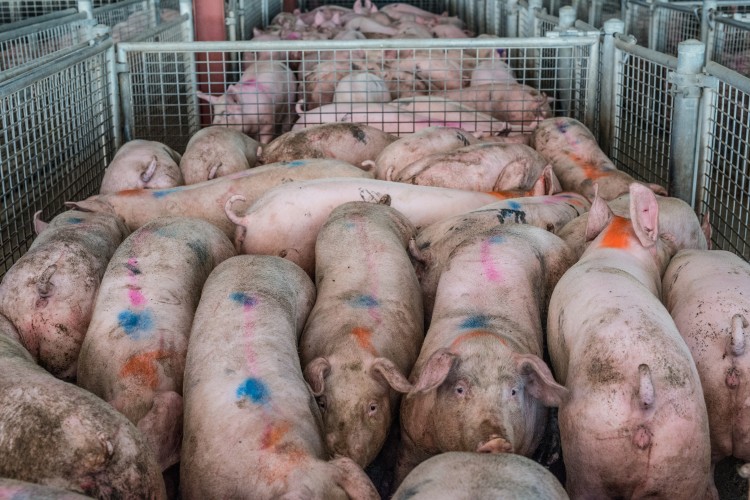
Intensive Agriculture Impact On Humans Animals And The Planet

Advantages And Disadvantages Of Intensive Farming

Advantages And Disadvantages Of Intensive Farming

Pros And Cons Of Intensive Livestock Farming Greentumble

Intensive Agriculture Impact On Humans Animals And The Planet
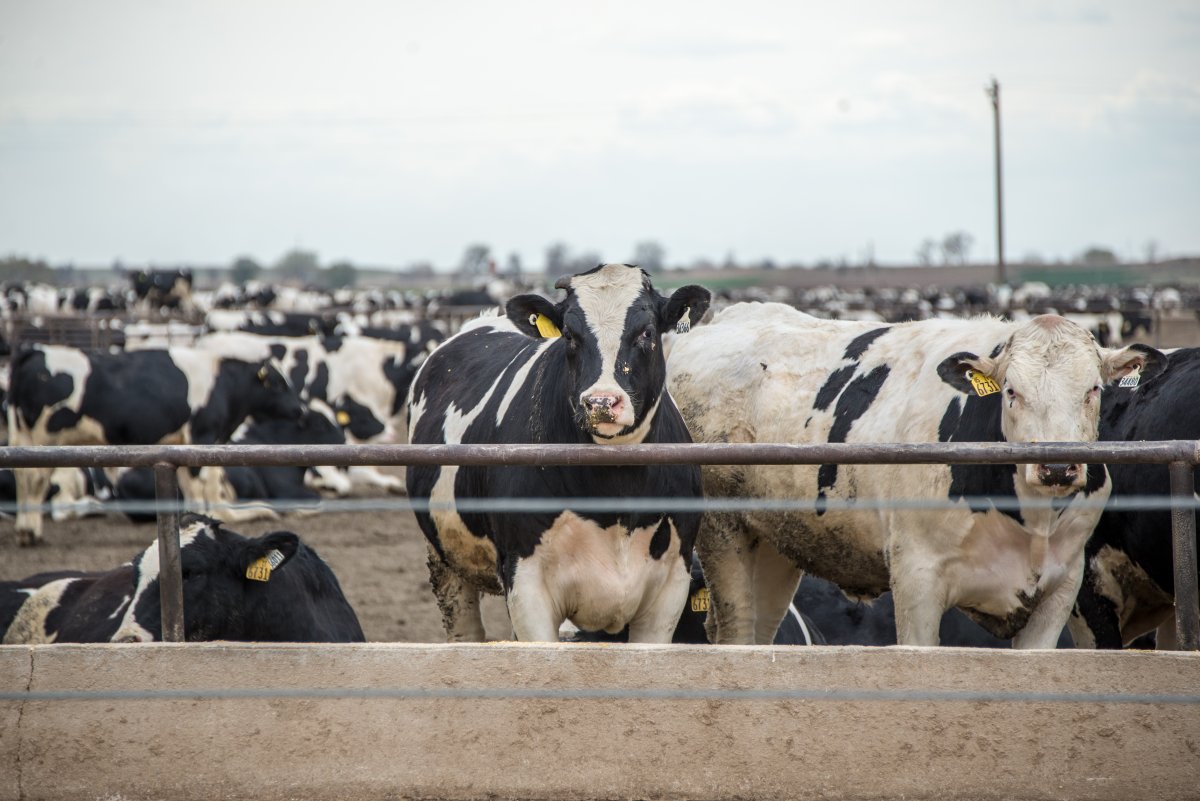
Community Health Risks Of Industrial Agriculture Healthy Food Playbook
Post a Comment for "Intensive Farming Negative Effects"